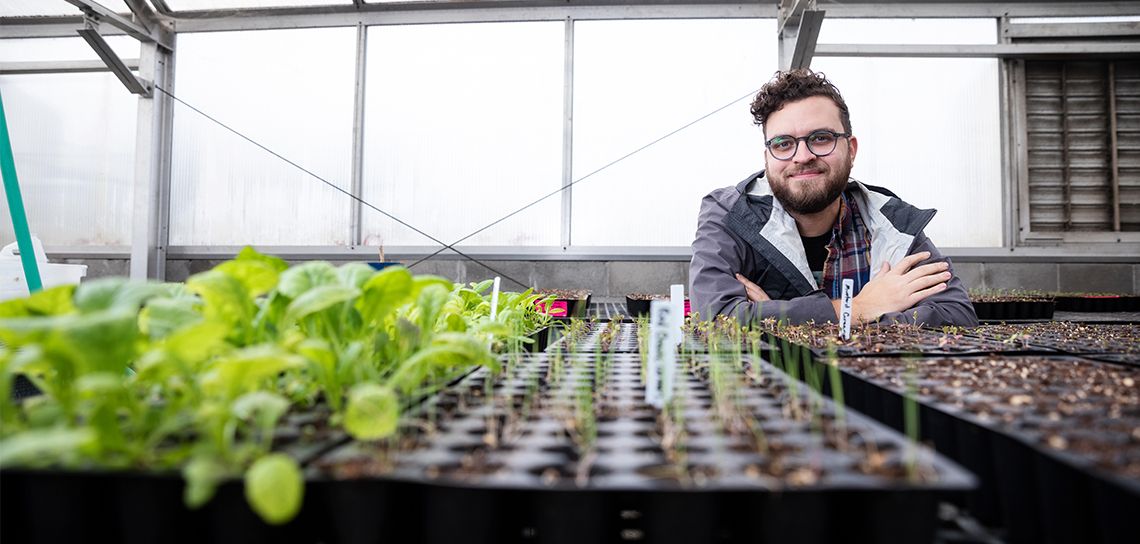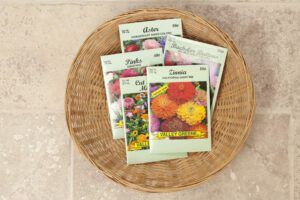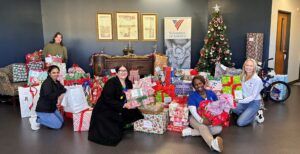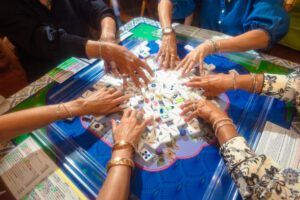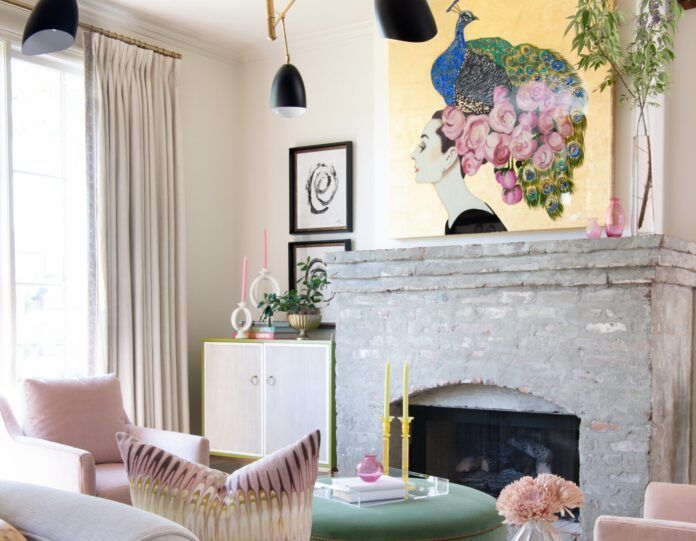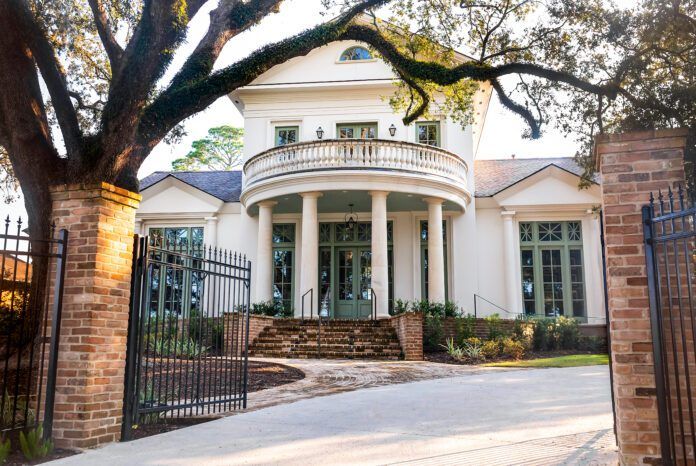Planting a seed: The new Baton Roots urban garden
During his former work as a community garden coordinator with the Baton Rouge mayor’s office, Mitchell Provensal met children who seemed disconnected from where their food originated and how it was grown.
“They don’t even understand where a French fry comes from,” Provensal says.
This lack of education isn’t totally surprising when children grow up in an urban area lacking in locally grown fruits and vegetables, neighborhood grocery stores and farmers markets. In the 70805 zip code, for example, there are no major grocery stores and residents must rely on public transportation or their own vehicles to travel farther afield to purchase groceries, says Provensal.
Soon, however, there will be one less food desert in Baton Rouge.
To help conquer food insecurity and provide fresh, affordable food options, the community development organization The Walls Project will break ground on a new four-acre urban farm dubbed “Baton Roots” during its fifth annual MLK Festival of Service January 18-21.
“We’re working to bring fresh food access to people in their neighborhood,” says Provensal, who serves as Baton Roots program coordinator.
Provensal, 31, has the farm-to-table—or farm-to-vase, to be more precise—experience necessary to get this program growing. He earned a master’s degree in urban forestry from Southern University in May 2018 and is the founder of Nice Stems, an urban flower farm selling his own blooms grown right here in Baton Rouge.
Located at BREC’s Howell Park on Winbourne Avenue, the Baton Roots farm will blend hands-on gardening with education. The farm will also teach students the business of urban agriculture through community farming as part of the mayor’s office’s “Healthy BR” initiative.
To help promote a culinary favorite, one thought is for the farm to feature a “gumbo garden” with bell peppers, okra, onion and hot peppers, says Provensal, adding that “all fruits and vegetables are on the table” to cultivate, he says.
Seedlings are already being cared for in a greenhouse to be ready for planting in January, says Helena Williams, The Walls Project marketing operations director.
On the farm, there will also be an intergenerational “Harmony Garden” aimed at reducing social isolation for seniors and improving community connections, says Williams. Eventually, the project aims to help provide food for community dinners and farmers markets and become a hub of food-related activity.
After all, as Williams says, “A meal is one of the best places to start a relationship.”




